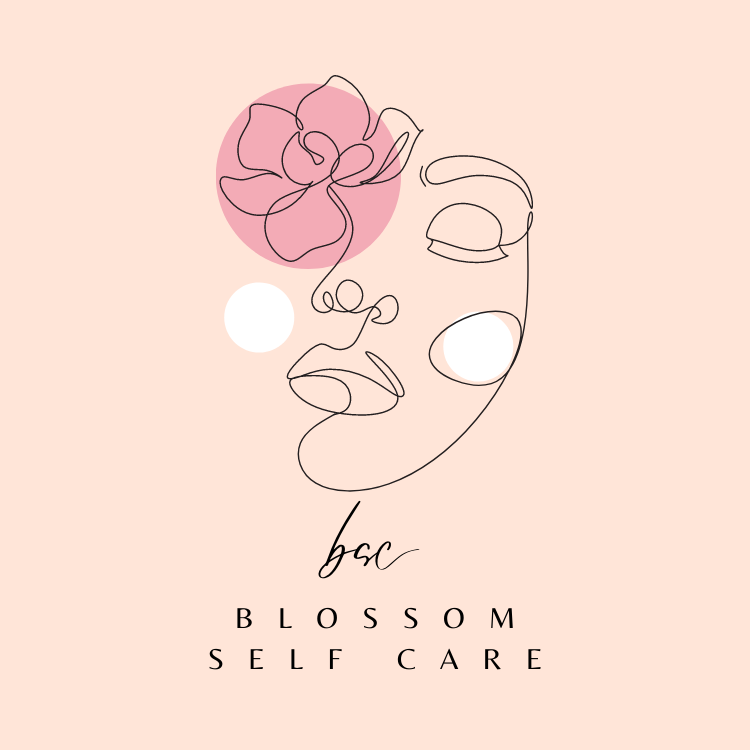Introduction
If you've ever felt like there was something holding you back from achieving great things in life, this article is for you. We'll talk about why building confidence and self-esteem is important for young women and how to build it up.
Improve your body image

Instead of looking at yourself in the mirror, look at what you like about yourself. You have to spend time with yourself and think about things that make you feel good about your body. If there is something that you do not like, try to figure out a positive way for it to be different, then focus on that part and ignore the rest. For example, if you have fat arms but thin legs, start exercising more and eating healthier so that your arms will become as toned as your legs.
It is also important not to compare yourself to other people because everyone has their own unique body type and no one can tell whether another person is pretty or ugly unless they are attracted to them sexually (which is subjective). If comparing yourself negatively makes you feel bad each time someone compliments you on how beautiful they are then try instead thinking positively about what kind of qualities others see in themselves rather than simply focusing on their appearance alone; this way instead of feeling jealous when someone else looks "better" than us we'll just think back fondly on all those great qualities which made those people attractive enough for others around him/her."
Assess your emotional health
When you're feeling down, it can feel impossible to get back up again. But there are ways to develop a strong sense of self-worth and a healthier perspective on life.
In the early years of adulthood, our emotions are often erratic and spontaneous. They can also be hard to control or understand at times—which is why it's important that we take an active approach in learning how they relate to our overall well-being.
Emotions are normal

Anxiety, depression, anger: these feelings are common among young women today—and they're OK! These negative emotions signal something needs changing in your life; they tell you that something isn't right or that you might need help with something difficult you're going through right now. You don't have any obligation to keep quiet about these experiences...just remember that feelings aren't facts!
The best way to handle negative emotions is by being honest with yourself about what's going on. By identifying and understanding your feelings, you can gain perspective on them and learn how to respond in a healthier way.
When you're feeling anxious or depressed, ask yourself what's causing these feelings. If you've had a bad day at work or school, try to figure out why that happened. Was it something specific that happened? Or did you just feel overwhelmed by everything going on around you? This will help put things in perspective and give you an idea of how best to deal with them.
If you're experiencing negative emotions, try to think about what is making them worse. Are you feeling bad because of something that happened with a friend or family member? Or are you feeling stressed out because your workload has increased at school or work? It's important to identify the cause of these feelings so that they don't become overwhelming!
If you're feeling anxious or depressed, it's important to talk to someone. Talk with a friend or family member who can give you support and advice on how best to handle the situation. If they aren't available, consider talking with a therapist or counselor.
The goal is to try to figure out what is causing these feelings and whether there's anything you can do about it. If negative emotions are affecting your life, it's important to take steps towards dealing with them as soon as possible!
Focus on what you can do rather than what you can't
● Don't focus on what you can't do.
● Don't let your limitations stop you from doing something.
● Focus on what you can do rather than what you can't.
Be proud of who you are and where you've come from

You are unique. You have a lot to offer. You are not defined by your past, but instead defined by what you create in the present and future. You may have made mistakes in the past, but that doesn't mean those experiences define who you are.
You've had to overcome many obstacles and challenges to get where you are today, so be proud of those accomplishments! Your journey is something worth celebrating; don't let anyone make you feel ashamed of it or downplay its value because of its imperfections: mistakes happen, and they're just part of life—especially when growing up.
Focus on the things that make you, you
When you're feeling down on yourself, it's easy to get stuck in a cycle of despair. You might think that if you could only change one or two things about yourself, then life would be great again. But the truth is—no matter what your age or gender, no matter what shape or size you are, no matter how much money is in your bank account—your self-esteem isn't defined by any of those factors. Instead, it comes from within:
● Focus on the things that make you unique and special as an individual. Whether they're strengths like kindness or creativity; passions like cooking or photography; beliefs such as equality and respectfulness; values such as honesty and self-reliance; or simply who you are at heart (like whether you're friendly with everyone), focus on these internal qualities rather than external ones like appearance.
● Imagine where these qualities come from in order to reinforce them: Were they instilled by someone important? Did something great happen recently? Journal about it.
Stop making social comparisons.
Social comparisons are the process of comparing yourself to others in order to decide how you measure up. This can take place in any number of ways, but it usually involves either comparing your appearance or accomplishments with those around you. For example, if someone asks a question about whether you've read a certain book and you haven't, chances are that this will lead to thoughts like: "Why didn't I finish reading that book? Is there something wrong with me?" If someone else mentions they have seen a certain movie while discussing their weekend plans, it might give rise to thoughts like: "Oh man! I should have watched that movie—I would have loved it!"
Social comparison is an automatic process; we all do it without even realizing we’re doing so until after the fact. And unfortunately for our self-esteem, social comparison often leads us down very negative paths when it comes to our feelings about ourselves -- especially when we don't measure up at all or come out on top.
When we compare ourselves with others and find that we measure up poorly, this can lead to feelings of inferiority. When we compare ourselves with others and find that we measure up better than them, this can lead to feelings of superiority. This is what most people think about when they talk about social comparison -- but there's so much more!
The social comparison also can lead to feelings of similarity or difference. For example, finding out that someone has similar interests to yours can lead to feelings of similarity. If you find out that someone has different interests from yours, this can lead to feelings of difference.
And while this might not seem like it has much to do with self-esteem, it actually can have quite a bit of impact. For example, if we feel similar to someone else in some way, this can lead us to feel more positively about ourselves. If we find out that someone has different interests than ours, this can make us feel great about who we are as individuals!
In other words, when we compare ourselves with others and find that we measure up poorly, this can lead to feelings of inferiority. When we compare ourselves with others and find that we measure up better than them, this can lead to feelings of superiority. This is what most people think about when they talk about social comparison -- but there's so much more! Social comparison also can lead to feelings of similarity or difference.
Build up relationships with people who support you

Find a support system. The more people you have around you who are positive and encourage you, the better off you'll be. This could mean joining a club or team that interests you, finding a mentor in your field of study, making friends with people who share similar interests to yours and want to hang out with them on their own time (not just when they're trying to make plans), working with a coach in an area where it's hard for someone without experience to get hired (for example: I had an acting coach), going to therapy if that's something that appeals to low self-esteem or depression, or making sure to surround yourself with family members who will listen at difficult times and accept all of your flaws.
Remember: every one of these sources should be encouraging and supportive! It's important not only that they build up your confidence but also help guide it toward positive goals so that rewarding success follows along as well.
Reshape your thinking about failure and success
As a young woman, you will undoubtedly be told that failure is not an option—that if you fail at something, it’s because you aren’t trying hard enough or because you lack talent. This is untrue. Failure is part of the process, and learning from your mistakes will help build your confidence for future attempts.
When we think about success, many of us don't picture a journey with many stops along the way—we envision getting there as quickly as possible by any means necessary! But this is unrealistic; true success comes from working hard every day to improve yourself and learning from each mistake along the way.
Remember that confidence comes from within
● Remember that confidence comes from within.
● Don't try to take on other people's feelings of self-worth.
● If you're nervous about something, remember that everyone feels that way sometimes.
● Confidence is a feeling--it's not something you can buy or give to someone else (and it certainly isn't something a boyfriend will magically deliver).
You can change your self-image by changing how you think about yourself and the world around you
Self-esteem is a measure of how you feel about yourself. It's what helps you decide whether or not it's okay to take that job, ask your crush out on a date, or try your hand at something new. Low self-esteem can cause anxiety and depression—and women are especially prone to it.
Remember that you're not alone. According to the American Psychological Association, women are more likely than men (and men are more likely than women) to have lower self-esteem overall, but the gap narrows as they age into adulthood and beyond.
Conclusion
Remember that confidence comes from within. If you're not sure where to start, think about the goals you have for yourself and your life. Then ask yourself what's stopping you from achieving those things? Is it because of something external like finances or lack of social support? Or is there something inside of you holding back progress (like low self-esteem)? The key is to take control of your own thoughts so that no one else can make them negative.



Comments ()